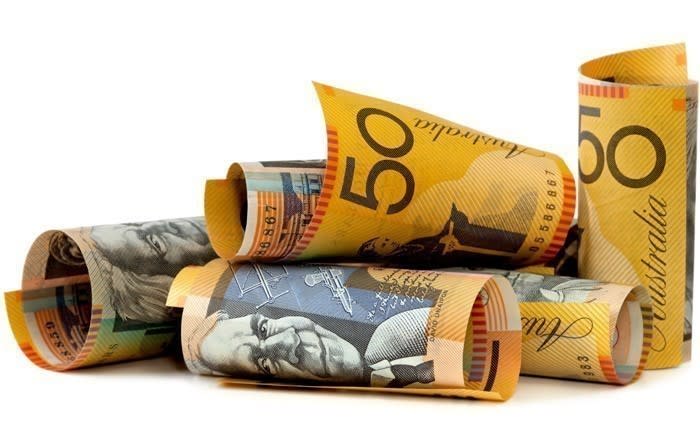Property price forecasts don't have that doomsayer outlook, but be prepared for any eventuality
The doomsayer economist Steve Keen - who predicted in 2008 that Sydney property prices would collapse by 40% - pocketed $540,000 when, with global financial crisis recessionary fears uppermost in his mind, he sold his Surry Hills apartment.
An optimistic estimate some seven years on of his two-bedroom Chalmers Street unit calculates its current resale price as potentially nearing $1.1 million. Close to doubling and Dr Keen has not benefited a cent.
I was reminded of the Keen prophesy and ramifications for him, and those who likewise sold or sat out, when there was a flurry of forecasts issued this week from milder economists on the immediate future of the property market.
They were forecasting not just an end - or softening - to the property boom, but rather boldly putting a figure on the size of the price fall.
The biggest mooted was a 7.5% drop over the next two years from Macquarie Research analyst James McIntyre in a report titled Aussie Macro Outlook: Population & Housing - Perishable.
Any such fall would be about half the actual gain of just this year in Sydney, so the sky ain't falling in, though for those capital cities already going backwards, such pain might be more harmful.
Ofcourse an overall national 7.5% decline means there has to be cities with a greater decline, and Sydney being the unrivalled engine room for growth for the past three years, would be presumably ripe for that under the Macquarie Research scenario. Not that there was much detail.
Brian White, the head of the Ray White group, says he hasn't been convinced by the logic of the three forecasts from Macquarie, Bank of America Merrill Lynch and Credit Suisse, but senses that they might have a self fulfulling outcome given the banks are well credentialed.
"I don't crave for a boom," Brian White said yesterday.
Indeed few want the 15% plus annualised price growth of Sydney to continue into its fourth year, and anyway as regulatory measures currently conspire, it will not likely be sustainable.
However as the Reserve Bank governor Glenn Stevens noted there have been crazy prices, and the record $6.055 million Chatswood sale took the last weekend's crazy prize.
After almost a decade of dawdling, Sydney has so many varying factors that have helped keep the many property markets strong in our resurgent recent times, and not just auction silliness.
Macquarie's warning on price momentum mostly related to an oversupply of apartments and slower than expected population growth.
Yes Sydney has plenty of apartments in the pipeline, but its population growth is running at above average.
There are so many mini-markets within Sydney and NSW that even amid the so-called bubble conditions not all property are in the same rising (or falling) boat. Indeed recently a $3.6 million Paddington home sold for the same price as its 2008 sale, having overpaid it seems back then, so much still rests on the individual circumstance of how reckless the purchase price was.
It’s also way too simplistic to say the entire property market will go this way or that.
And with home loans at historic lows it is hard to envisage the market heading backwards in a hurry. Sure there will be pauses, procrastinations, problems... and plenty of mixed messages sometimes juxtaposed in the same day's reportage.
After the now London-based academic Steve Keen made the mother of all housing crash predictions, he was sometimes referred to as the world’s scariest economist.
He lost a public bet with then Macquarie Bank economist, Rory Robertson, over the big call which resulted in Keen having to walk in 2010 from Canberra to Mt. Kosciuszko wearing a T-shirt that read: “I was hopelessly wrong on house prices”.
If people had listened and then acted on his genuine sentiment, they would have lost money from the subsequent house and sharemarket price surge.
One day he or others who make such forecasts might be right but economics assumptions are not just not mathematical or scientific desktop calculations — but need to mixed in with the social science of actual human behaviour.
So this week's forecasts will eventually look dumb or smart, but most likely forgotten as by then there'll be a whole raft of newer forecasts to take onboard.
Just be very prepared for all eventualities.
What worries me most is that since there's been no recession since the early 1990s we have a generation or so without any deep knowledge of being at the mercy of the market.
This article was first published in the Saturday Daily Telegraph.
